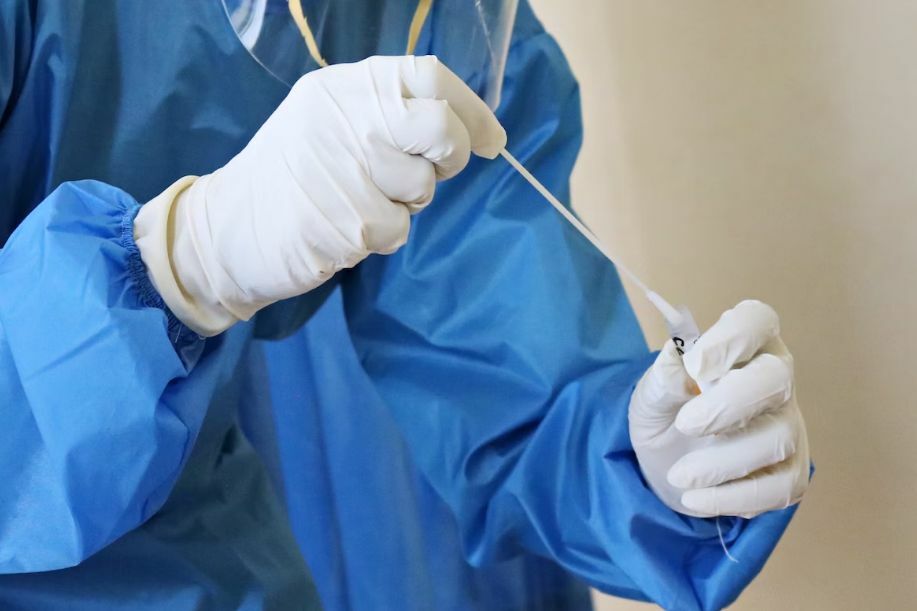Medical glove exports decline amid allergy concerns and easing Covid-19 cases

The export of medical gloves made from rubber latex is expected to continue its decline this year, as Covid-19 infections ease and some countries impose bans on natural rubber gloves due to allergy concerns, according to the Office of Industrial Economics (OIE).
The decline in glove exports has been significant since last year, impacting Thailand, Indonesia, and Malaysia, said Warawan Chitaroon, director-general of the OIE. She advised Thai medical glove manufacturers to adapt to the changing market and seek new export opportunities.
The US, a major market for medical glove exports, has banned the import of products made from natural rubber latex. Similar bans have also been implemented in parts of Europe and the Middle East. In 2021, China, Japan, and South Korea were Thailand’s primary customers, as per the Commerce Ministry.
Thailand, Malaysia, and Indonesia are among the world’s leading rubber plantation countries due to their suitable climate for rubber trees. The global spread of the pandemic in 2020 led to a surge in demand for medical gloves, with Thailand’s production capacity reaching 60 to 70 billion pieces annually during the pandemic.
The OIE has noted that rubber products are one of the sectors where manufacturing has decreased over the past ten months, along with hard disk drives, plastic beads, steel and iron, garments, and textiles.
“These declines in these industries were among the factors that caused a drop in the Manufacturing Production Index (MPI) in April,” said Warawan.
The April MPI fell 8.14% year-on-year to 83.5 points, marking the seventh consecutive decline since October last year and the lowest in 34 months. Other contributing factors included a slowdown in exports due to reduced purchase orders and factory closures during the Songkran holidays, reports Bangkok Post.
Capacity utilisation in April dropped to 53.8%, down from 66% in March. The OIE had previously projected tepid MPI growth of 0 to 1% for the entire year, citing a combination of domestic and international business challenges. Risk factors include US banking issues affecting new orders for Thai goods, increased electricity bills, and higher interest rates.
Latest Thailand News
Follow The Thaiger on Google News:


























